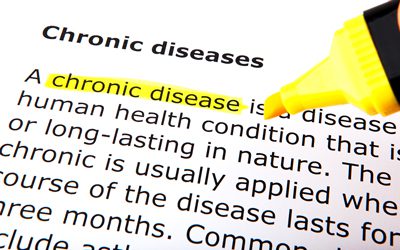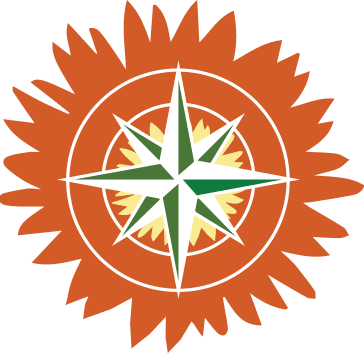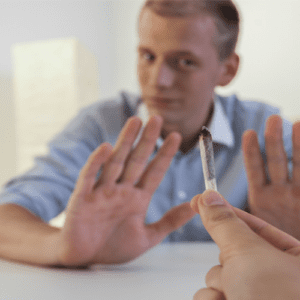 Addiction is a powerful and complex disease that disrupts regions of the brain responsible for motivation, reward, learning, judgment and memory.
Addiction is a powerful and complex disease that disrupts regions of the brain responsible for motivation, reward, learning, judgment and memory.
It involves a compulsive use of one or more substances, despite serious health concerns or negative consequences. The disease of addiction effects can be devastating to families,relationships, careers, and friendships. Sadly, many learn the hard way that they are powerless over addiction.
When the theory of addiction as a disease surfaced, many turned the other way, believing it was a compulsion and/or a choice.
Those suffering from addiction were looked upon as weak, unmotivated, and poor-choice makers who just didn’t have the willpower to stop drinking or using. It wasn’t until 2011, after a 4-year study, when the American Society of Addiction Medicine (ASAM) revealed their new and extended definition of addiction. With the help of top addiction experts, addiction medicine doctors, neuroscientists, ASAM’s governing board, and experts from the National Institute on Drug Abuse, the definition was changed to a primary disease, meaning it is not caused by something else such as a psychiatric or emotional problem. In addition, the disease of addiction was learned to be chronic, which means monitoring has to be maintained throughout one’s lifetime.The neuroscience research led scientists to focus on what addiction did to the brain, further confirming their conclusion that addiction is a disease.
This research proved that addiction affects the neurotransmission and interaction with the brain’s reward circuitry – leading to addictive behaviors that supplant healthy behaviors, triggering cravings and renewal of addictive behaviors. Many still balk and don’t believe the concept of addiction as a disease. If only they took the time to review the research and check the facts based on the brain’s reaction to substance abuse, their perception of addiction and of those who struggle with it might change. Maybe then there would be a little more compassion and less judgment for those who are still suffering from this devastating disease.
For more information about our treatment programs at Waypoint Recovery Center, please contact us anytime at (854) 214-2100.
References:
Definition of Addiction. American Society of Addiction Medicine. (2011, April 19). Retrieved February ,2017.
Nordqvist, C. (2011, August 16). Addiction Has A New Definition – It Is A Disease, Not Just Bad Choices Or Behaviors. Retrieved February, 2017. 




